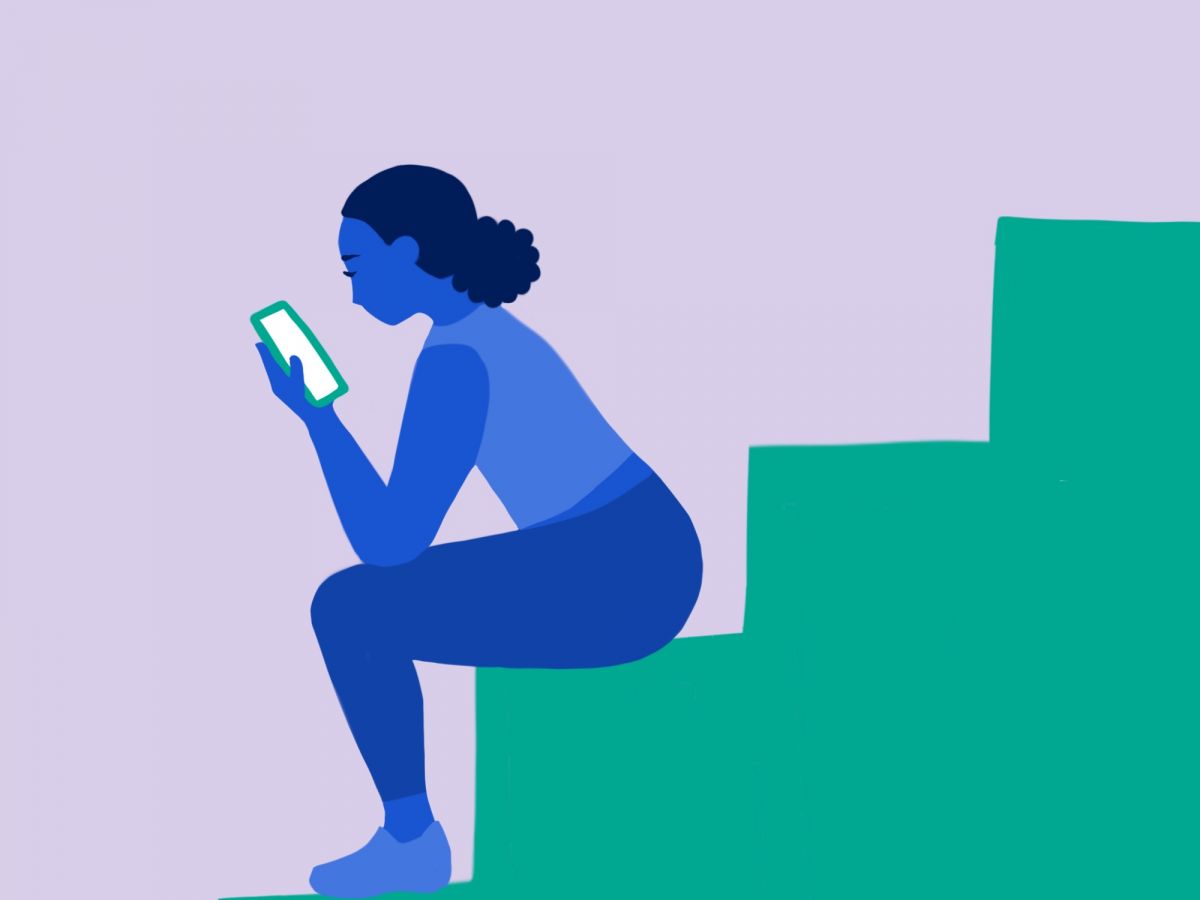
It's a threadbare career maxim: "Get thee a mentor." But what if you network, network, network — and never get anywhere? In celebration of THE NEW STRONG™ collection from ASICS, designed for women by women, one writer tries an unusual new strategy and gains the empowering community of female career guides she never had.
One of my earliest professional memories is from when I was the ripe old age of 13.
As the lone seventh grader competing against high schoolers in a national entrepreneurship organization's version of a popular startup-pitching TV program, I gave a 20-minute presentation to convince a panel of judges that my on-demand nail service was the superior business idea. While I didn’t win — it was 1999, so the concept might've been ahead of its time — the experience planted a long-germinating seed in my mind.
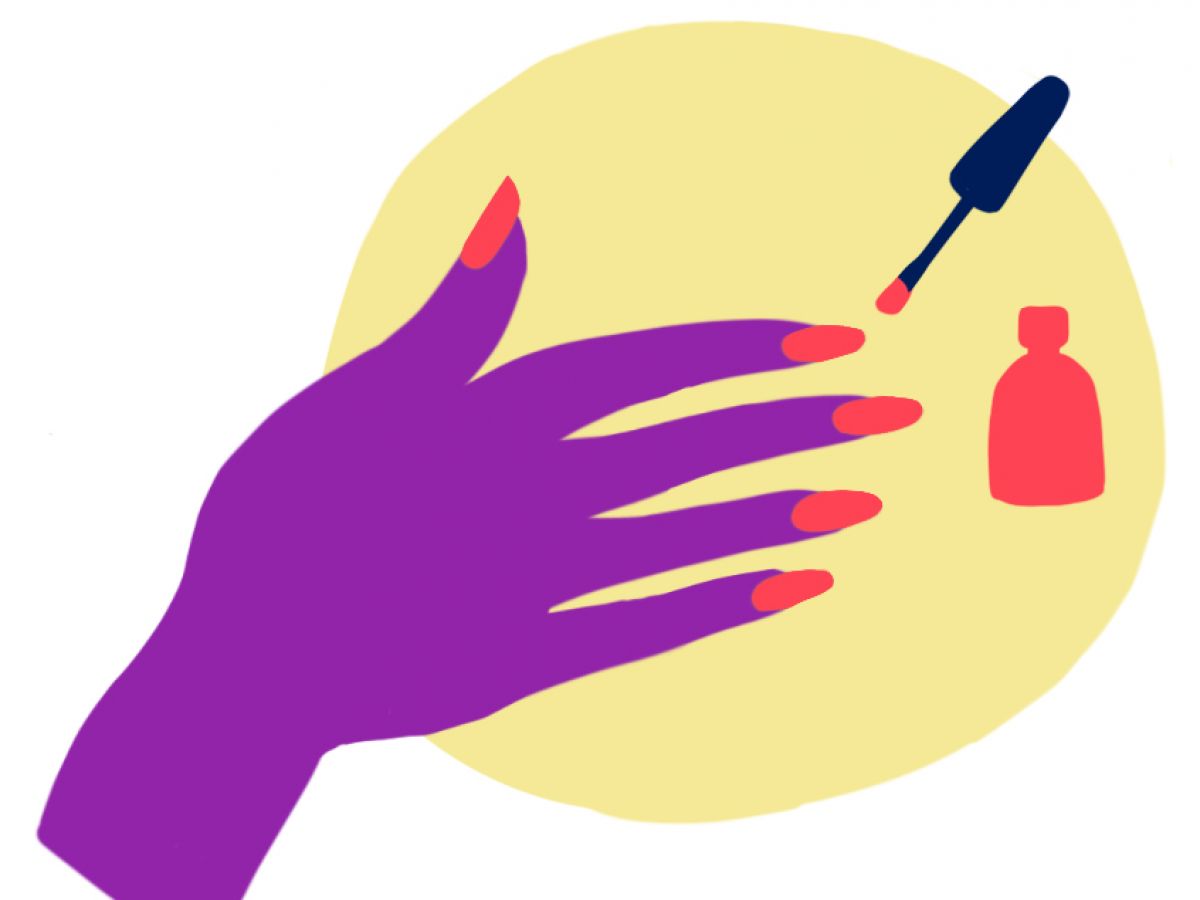
During the event’s reception, the only Black female judge told me that if I wanted to "make it," I should find an older, successful mentor. Seeing a glimpse of my future self in her, I took what some might have heard as a suggestion as an all-out command. I mean, who wouldn’t want a cheerleader, sounding board, and proverbial door-opener? The only problem was, her advice didn’t come with an instruction manual. This sent me into a tailspin for the better part of high school and college, as I scrambled to participate in programs for students wanting to get ahead, joined countless leadership groups, and interned every summer in the hopes of finding that elusive person.
Yet, nothing.
I did come close, once, during the summer between my freshman and sophomore years in college — or at least I thought so. As an intern at a prestigious law firm, I was assigned a senior staff member to show me the ropes. Overjoyed and way too eager, I ended our first lunch by asking her to be my mentor. With raised eyebrows, she asked me exactly what I was looking for. I froze; while I knew a mentor was something I should have, or something I was told I should have, I really didn't know what I was looking for. I ended up saying that I’d get back to her, but after nearly eight weeks of building spreadsheets and filling out copious amounts of paperwork, I still didn’t have a good answer. So I returned to college much like I had started the summer: mentor-less.
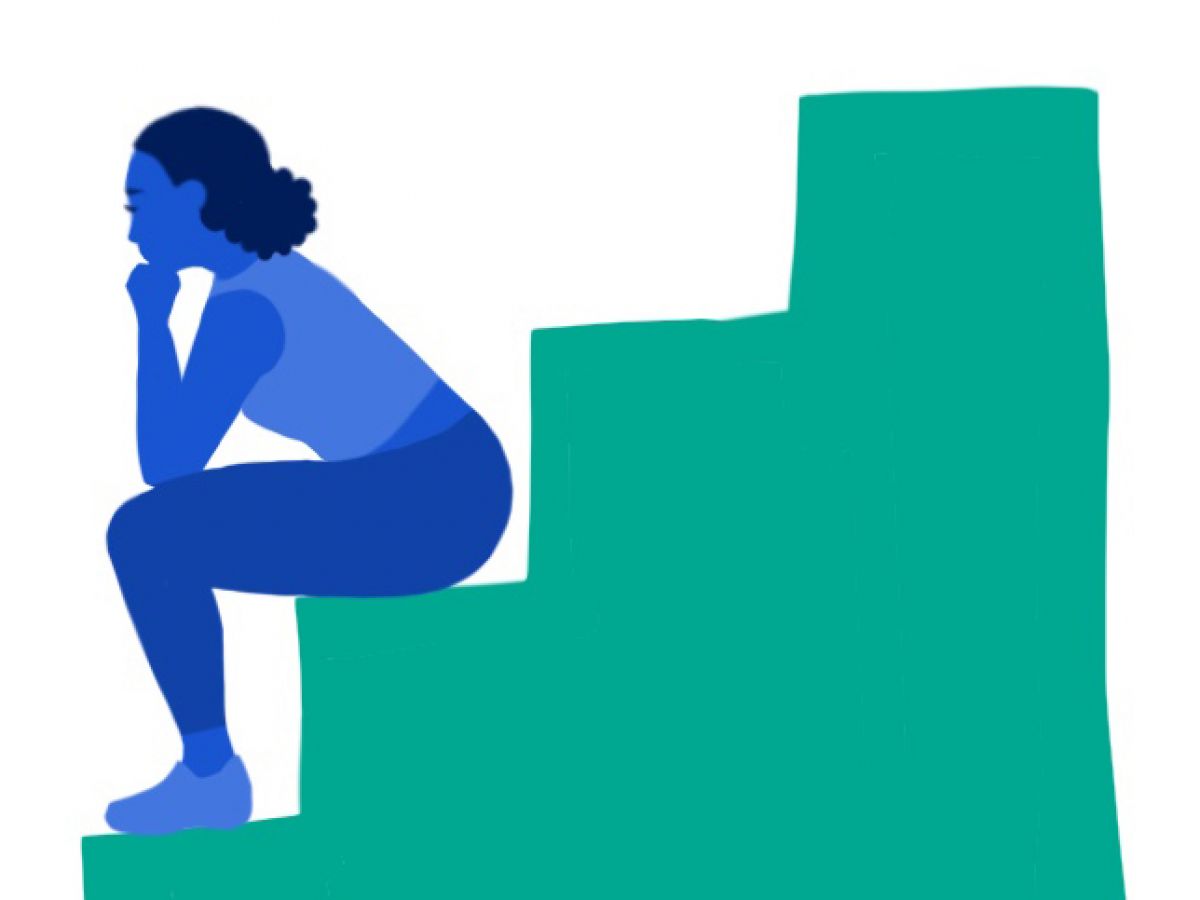
Several internships, graduation, and two full-time jobs later, I found myself at an occupational juncture and, like my wide-eyed teenage self, still in desperate need of career guidance. I’d since built relationships, albeit shallow ones, with several professionals I admired, yet I didn’t have anyone I could turn to with the deeper-than-surface-level questions that constantly played in my head. Do people actually love their jobs? How do you nourish your physical and emotional health to prevent burnout? I have, like, a gazillion interests — how does that translate into a single job?
Never did I think I'd get answers from the internet. In the 10 years since I'd clumsily asked a complete stranger to be my mentor at lunch, social media moved from the periphery to the forefront of my life. Like most users, joining online platforms in the early aughts was a way for me to share grainy, heavily filtered photos of themed college parties and group vacations. But after being fired for the second time — when I felt hopeless and like I was the only one in my friend group unable to find my professional rhythm — I turned to the strangers on my social feed to quell my fears. Because, strangely, having a screen between us gave me the confidence to ask the questions I was too embarrassed to address with those closest to me.
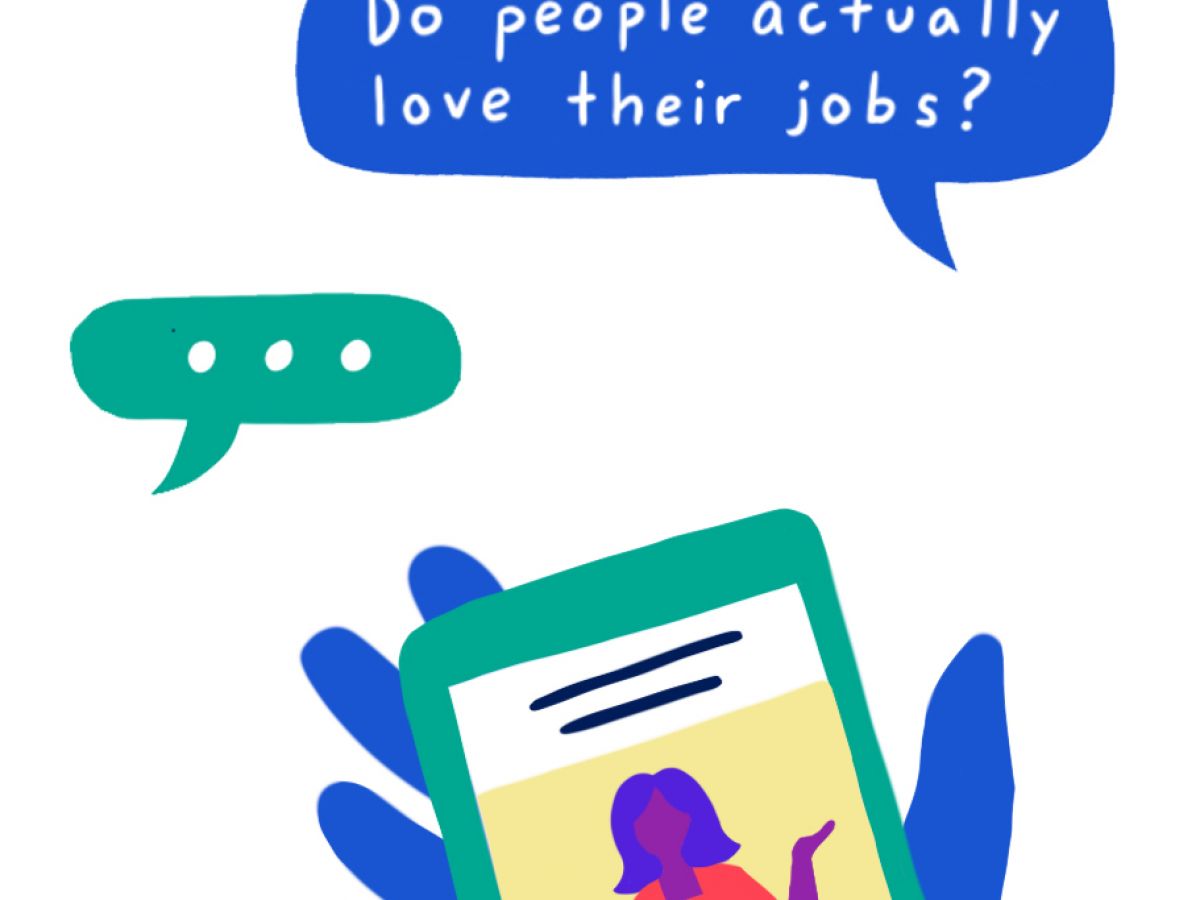
A post from a Chicago-based creative who was also feeling lost stopped me in my digital tracks. The caption explained her frustration with her day job, one that looked great from the outside, and how she had made the decision to dedicate herself to creating a much-needed safe space, both on- and offline, for Black women. Her vulnerability struck me as genuine — full of human questions, doubts, and failures — and markedly unlike the "infallible" facade I’d often encountered in trying to make other career connections. More than that, she emphasized to her community that wellness and self-care were integral to success, something I’d never heard before. Her morning mantras and manifestation challenges became go-to rituals for me as I continued to sort out my professional life. I inhaled this breath of fresh air and emailed her; she replied promptly and readily offered up advice and encouragement.
Elsewhere online, I found women who had the strength and conviction to leave stable roles because they wanted to start their own businesses; creatives who, while struggling, were doing the work to get closer to their dreams; and enterprising individuals who worked corporate jobs while freelancing. I started to curate and cultivate my very own community of female career advisors online. Despite having never met these folks, what they shared gave me the mentorship I had always wanted.
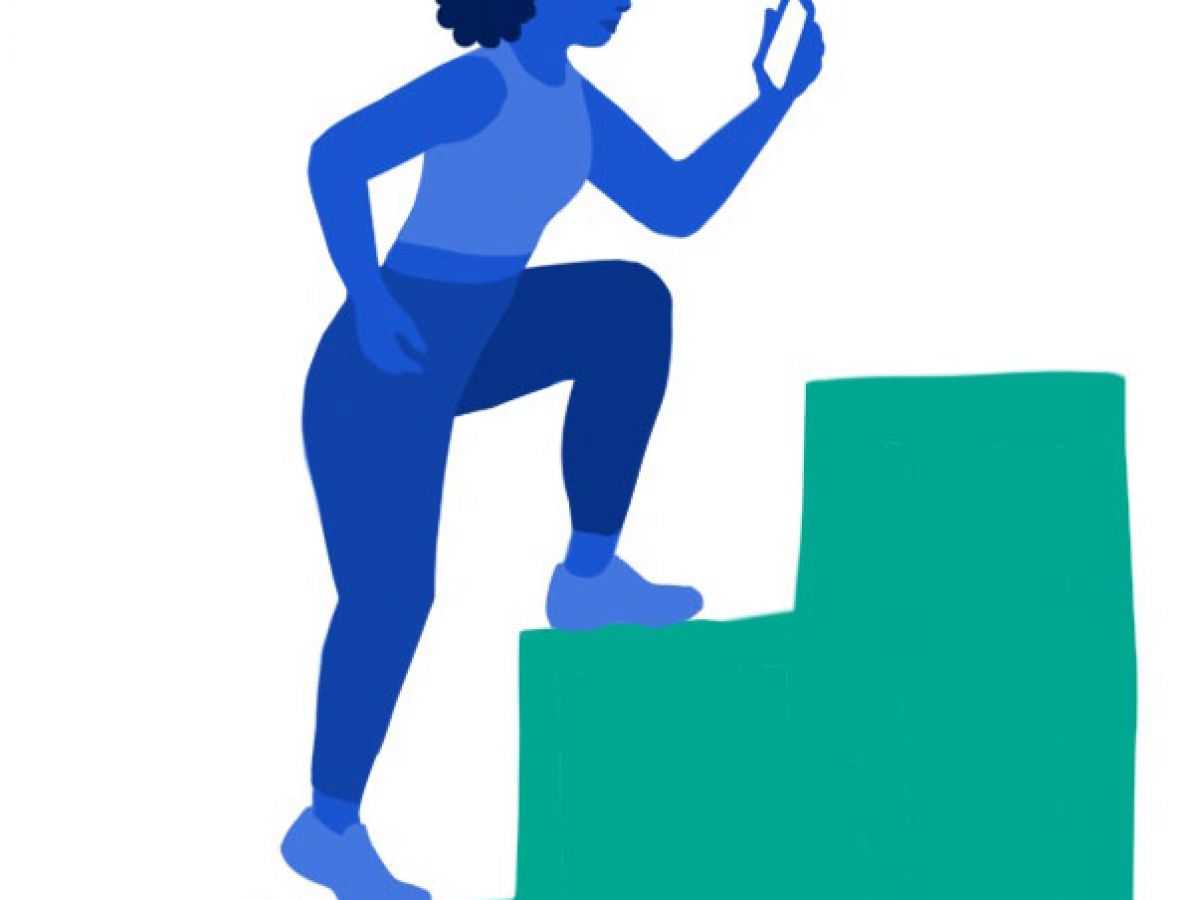
And unlike the targets of my previous failed attempts at networking, these women, like me, were very much still figuring it out. They didn’t try to keep a professional distance, which added a sense of realness that had been absent from my IRL work relationships; the women who found their way into my feed, and eventually into my inbox and group texts, were unafraid to openly share their learnings and admit that careers, like life, are journeys with wins, losses, and, most importantly, lots of lessons. From these digital relationships sprang not just the work-oriented wisdom I yearned for, but also friendships and even job opportunities.
In that spirit, I'm passing these onto you: three valuable lessons I've learned from following, double-tapping, and, after all this time, finding mentorship on social media.
It’s okay to not know what you want to do; no one really does.
One of the many reasons mentorship resonated so deeply with me was because, professionally, I’ve always been pretty lost. While I had a longtime desire to find a career that brought me joy, I didn’t know how I could make that a reality. This, compounded with the fact that I saw so many of my friends landing their dream jobs and thriving at work, pushed me to find someone to reassure me that it would all work out.
When I first started building my digital community, it quickly became apparent that everyone, no matter how put-together they seem, is figuring it out as they go. Entrepreneurs who were following their dreams of starting brands were equally unsure about their daily professional decisions. They assured me that while it’s okay to be uncertain of the next step or question the validity of an opportunity, the important thing is to commit to moving forward.
Find a community that helps you invest in yourself (like, actually).
We live in a culture that glorifies and rewards a level of commitment to work that’s often mentally and emotionally depleting. Wellness and one's professional life are often seen as mutually exclusive instead of inseparable, and taking time to pour into yourself — outside of weekends and the 10 vacation days allotted a year — is often met with bewilderment. That never sat well with me, but until recently, I had no one else to validate my hunch that working until physical and mental exhaustion was something not worth aspiring to.
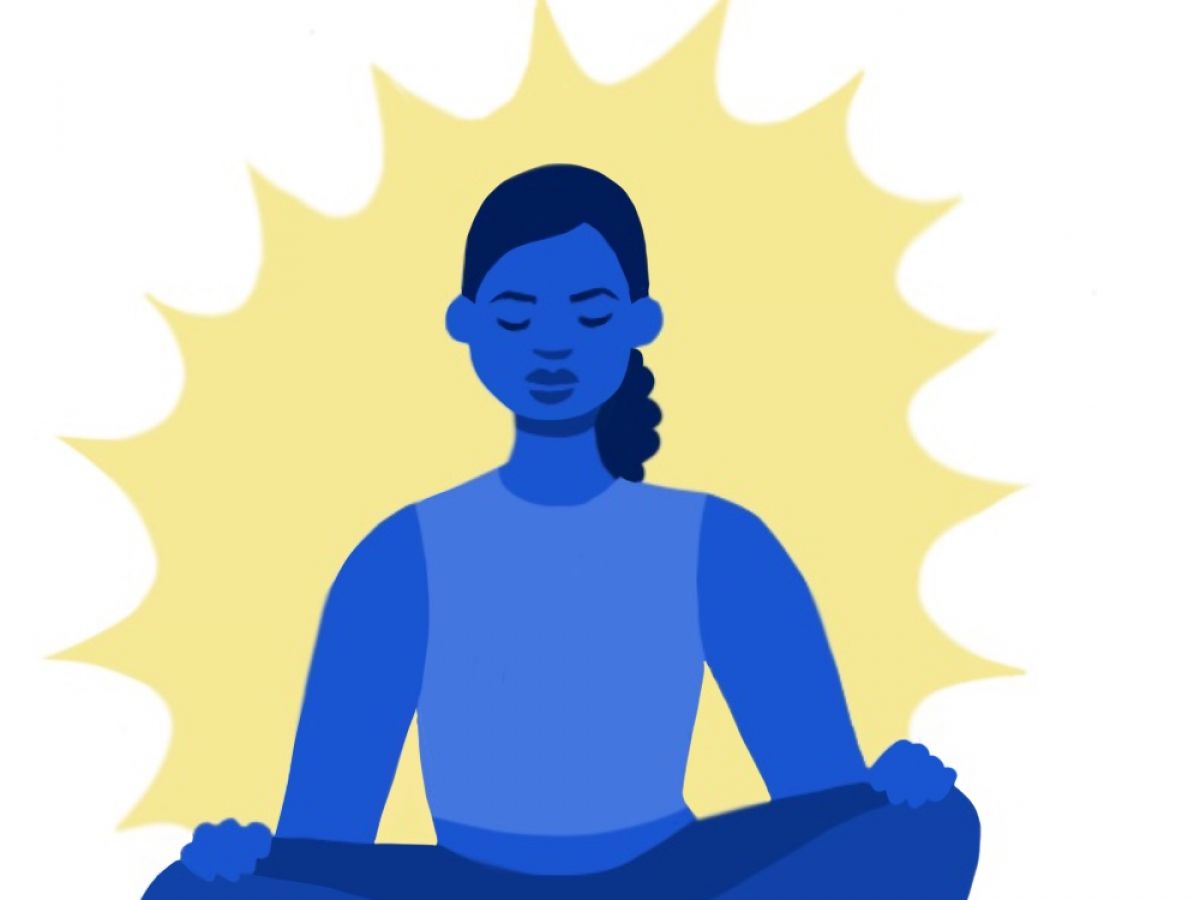
Meeting women who were not only building careers on their own terms but also intentionally caring for themselves was mind-blowing to me. More than attending yoga classes, these women were doing the hard work of taking time to understand who they were as people and making sure that their experiences, both professionally and personally, allowed them to use their talents and gifts. From in-person meet-ups to online conversations about impostor syndrome and stress management, this community gave me the tools to bring my best self to work — and to realize that being well, not a certain title or salary, should fit into my definition of success. That's true self-care.
Your power is being you — all of you.
So much of the early professional advice I received required that I dim my own light or accept that any given job would only feed a very limited part of me. Getting to know women who didn't hide their complexities or need for fulfillment beyond a steady paycheck was a revelation — and helped me realize that being able to lean into what makes me different is what would help me thrive in my career. But before that, I had to confront my insecurities, self-questioning, and messiness, while acknowledging my strengths. These unique qualities, even if society deems them unconventional or distracting, shouldn’t be hidden but worn as badges of honor.
My early career was spent trying to cut and paste my way to an idealized version of success instead of working on becoming a better version of myself. Now, I no longer feel the pressure to chase down a mentor — or at least the kind I imagined at 13. Because by getting in touch with myself first, I've found something much better, and realer: a community that inspires me to be the most me I can be.
Shop Clothes To Find Your Tribe In
Click HERE to read more.
You can publish this article on your website as long as you provide a link back to this page.

Be the first to comment